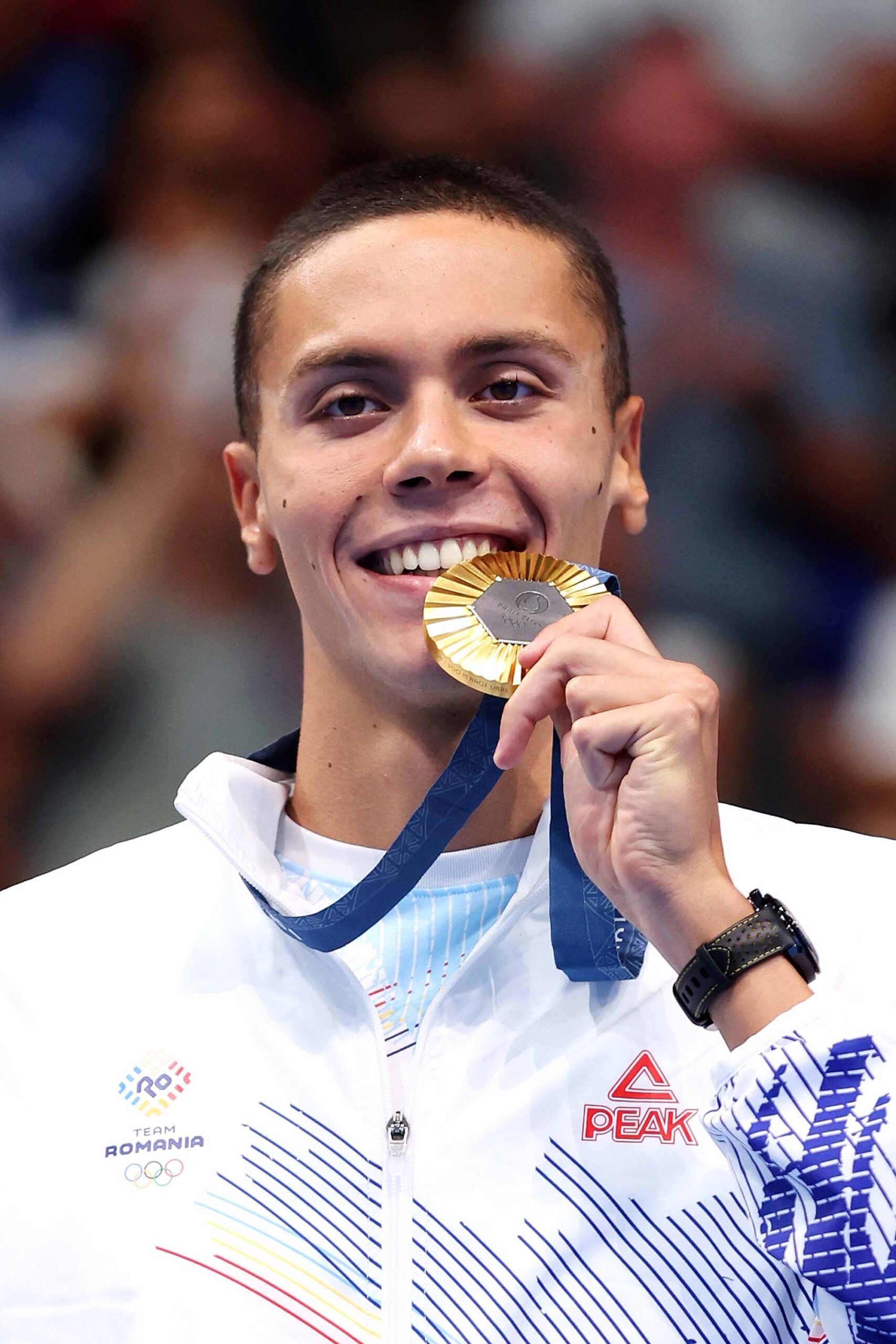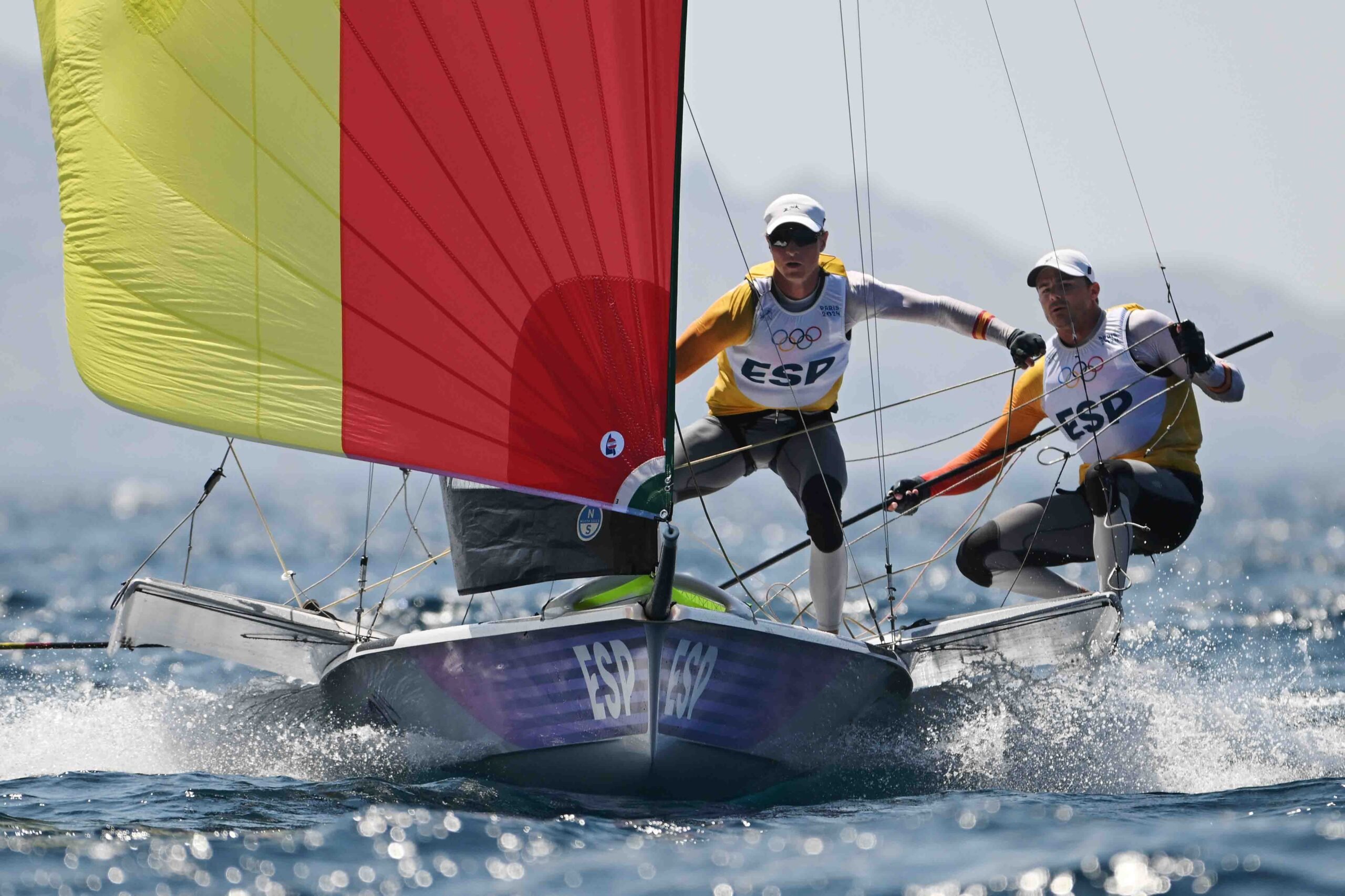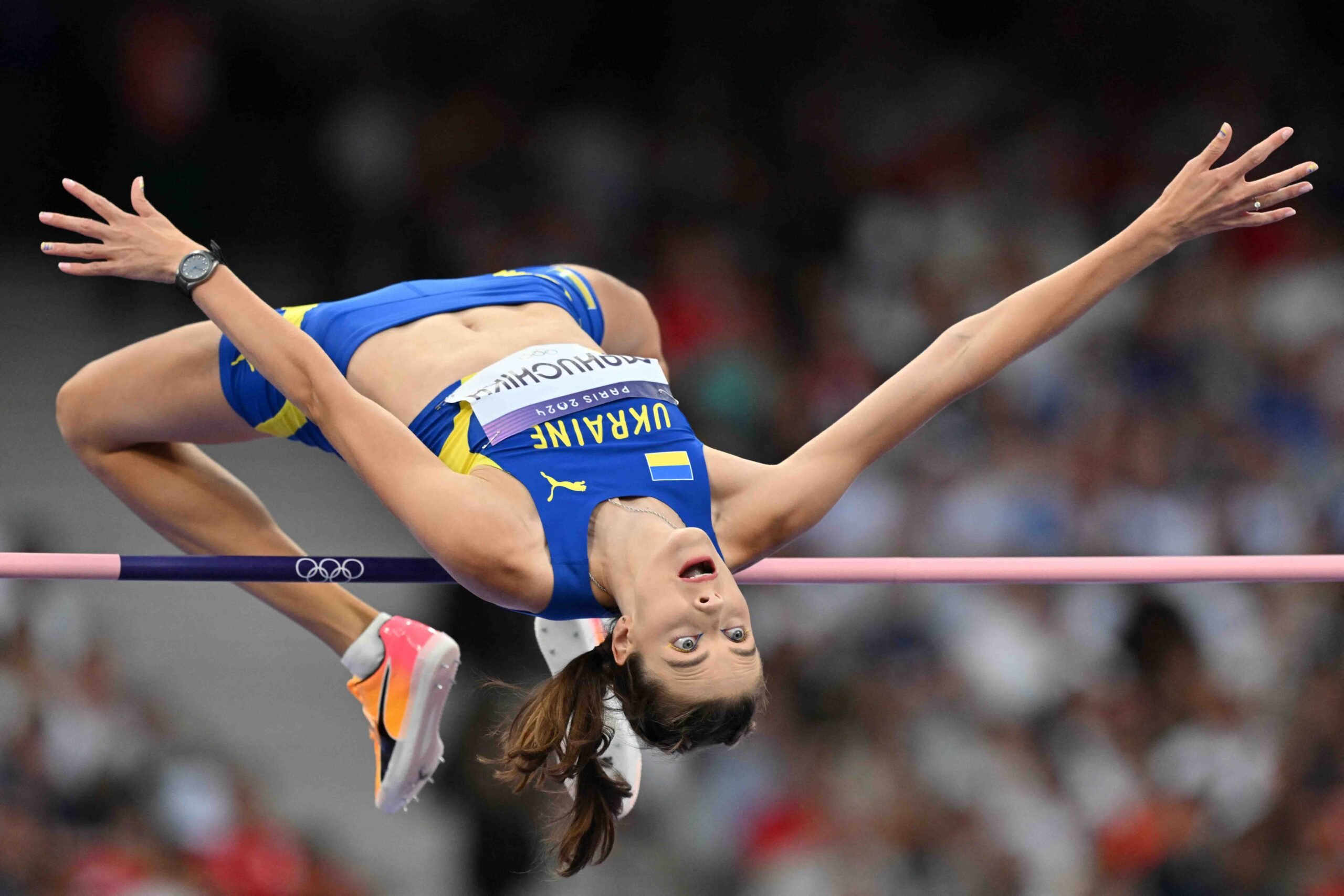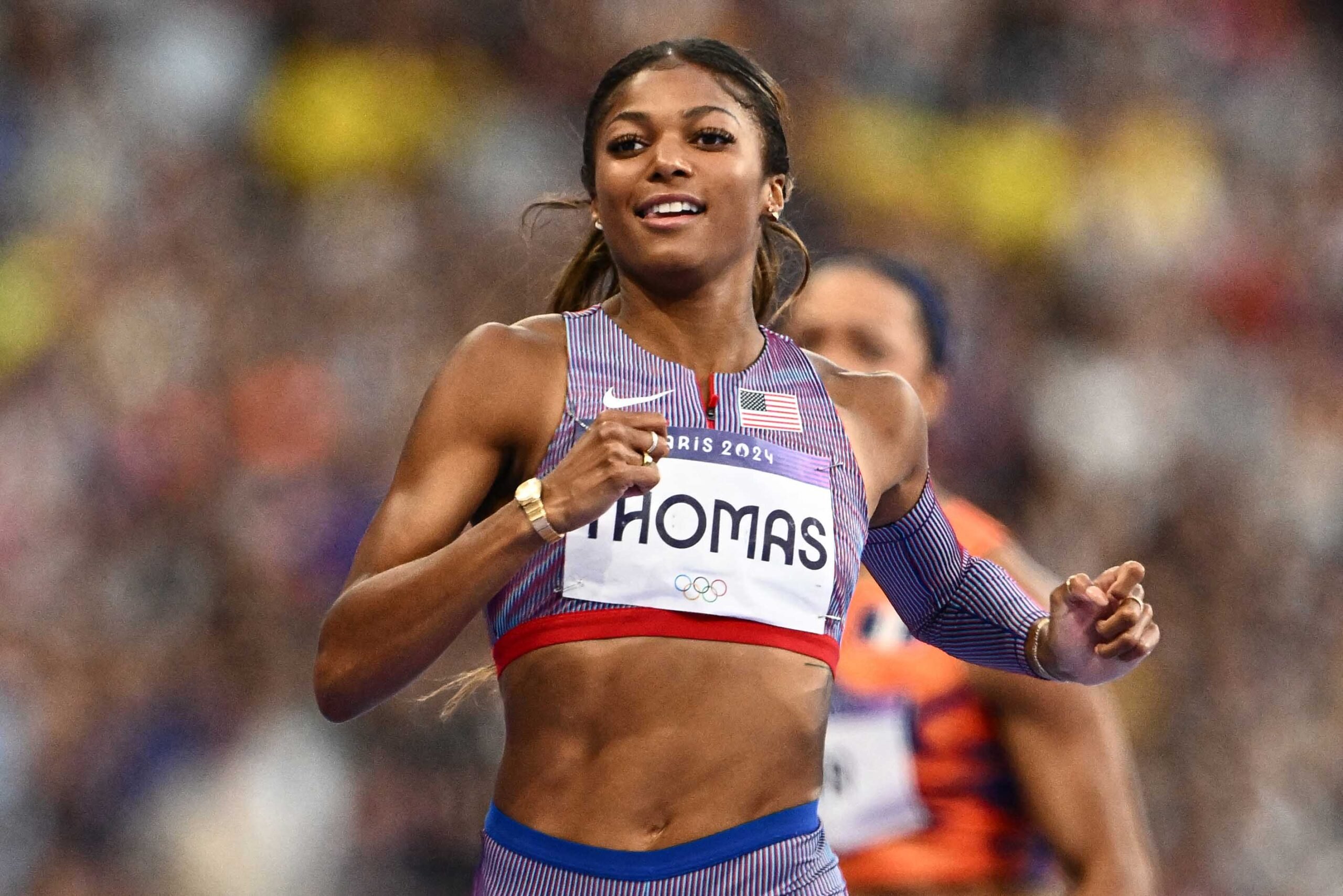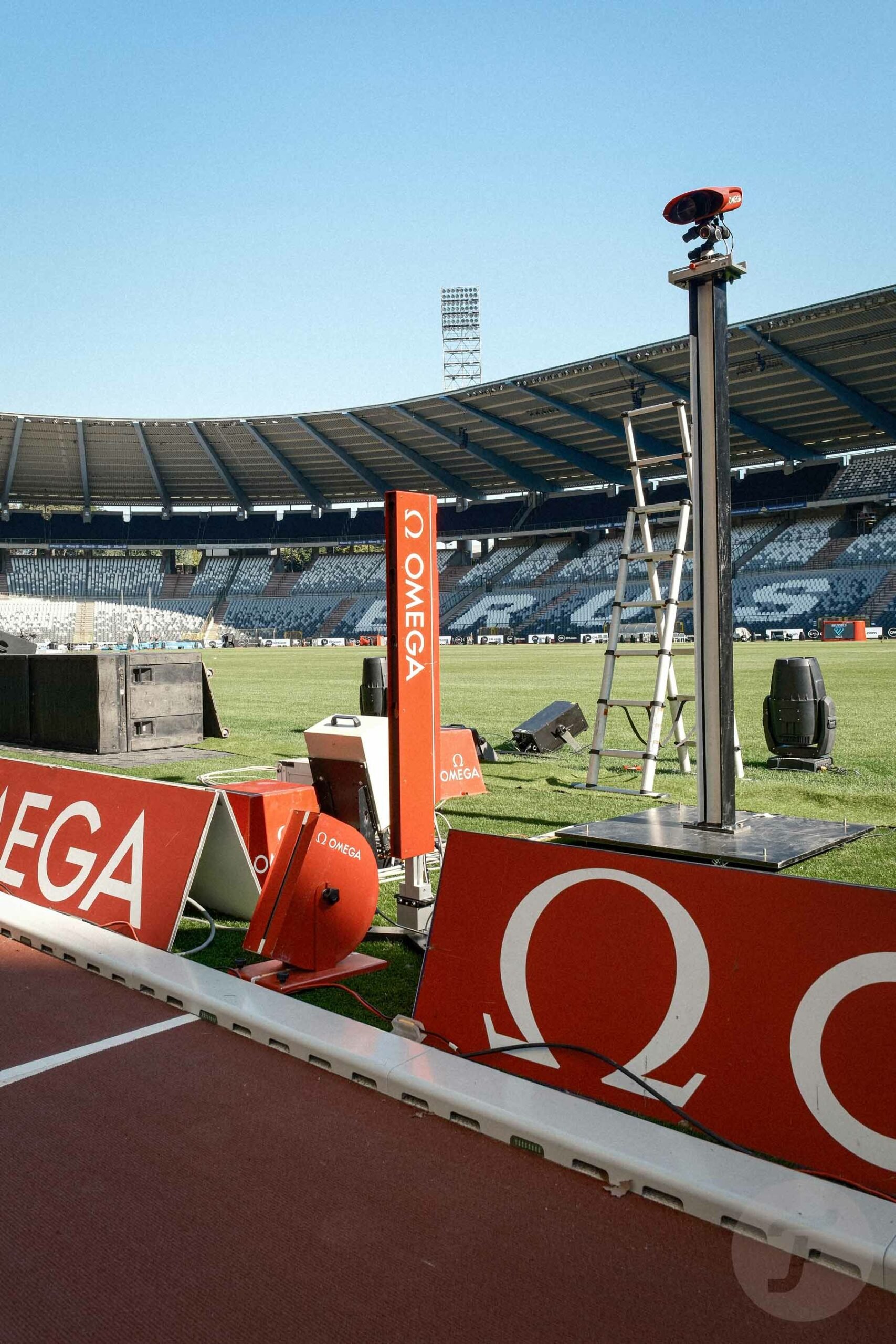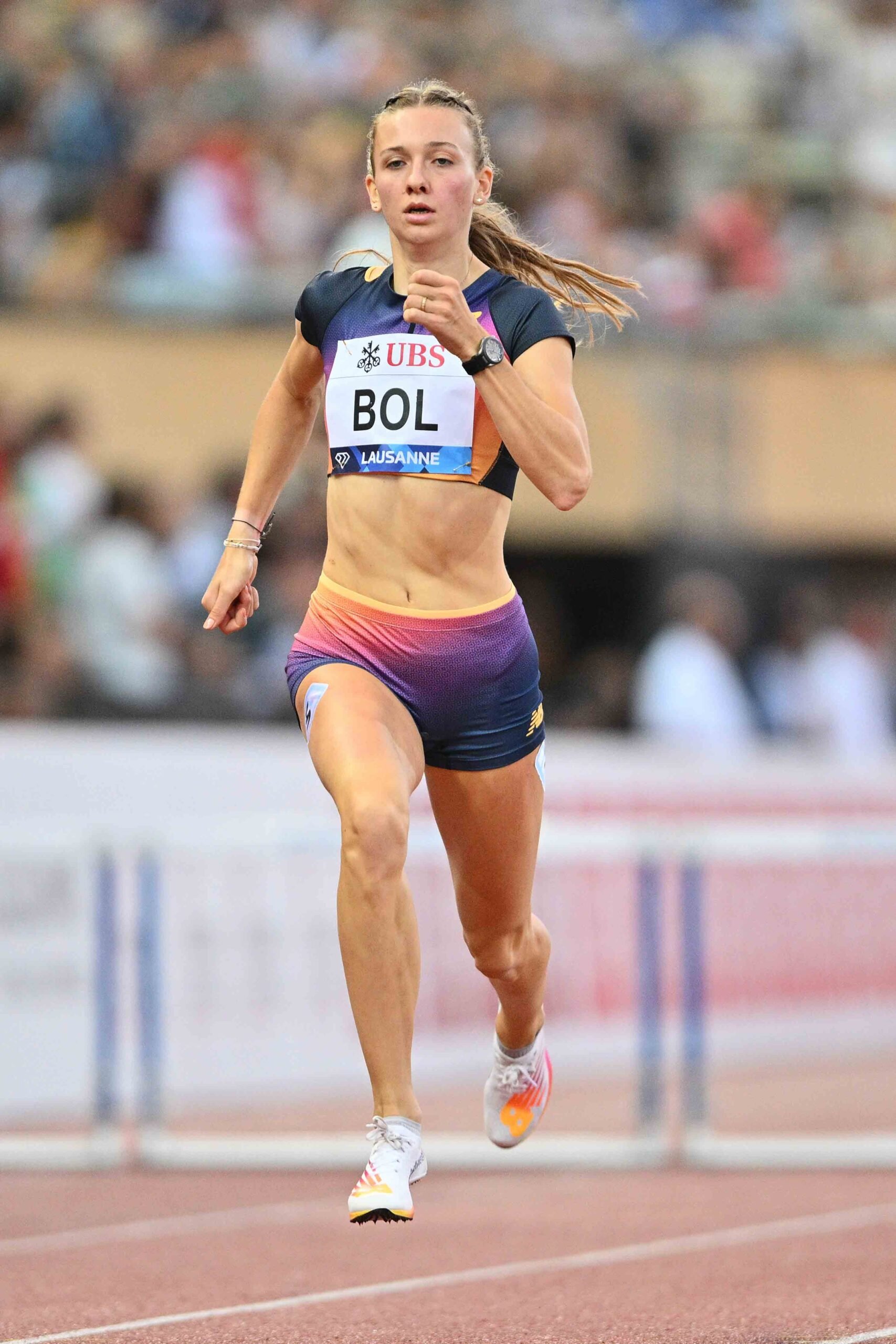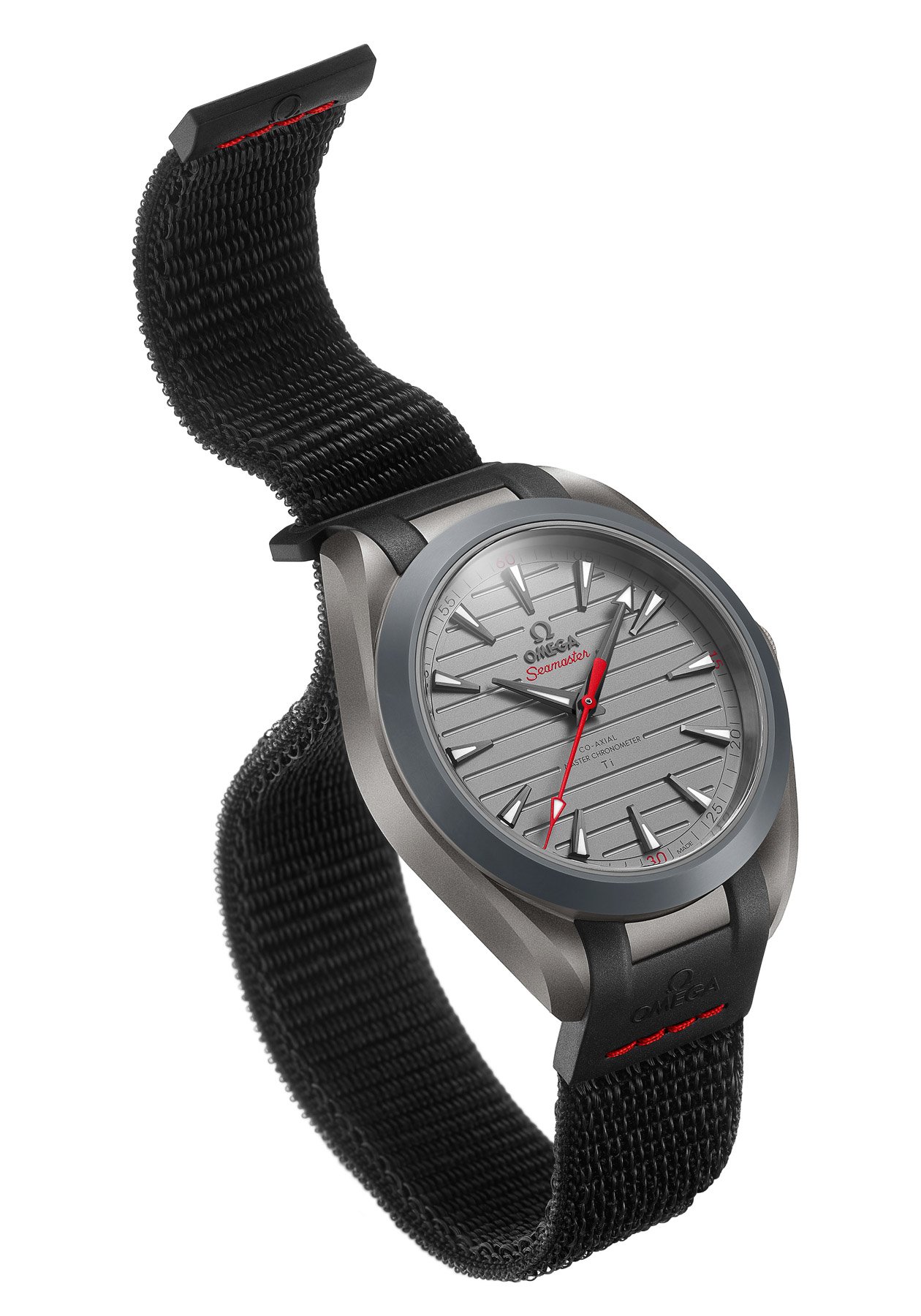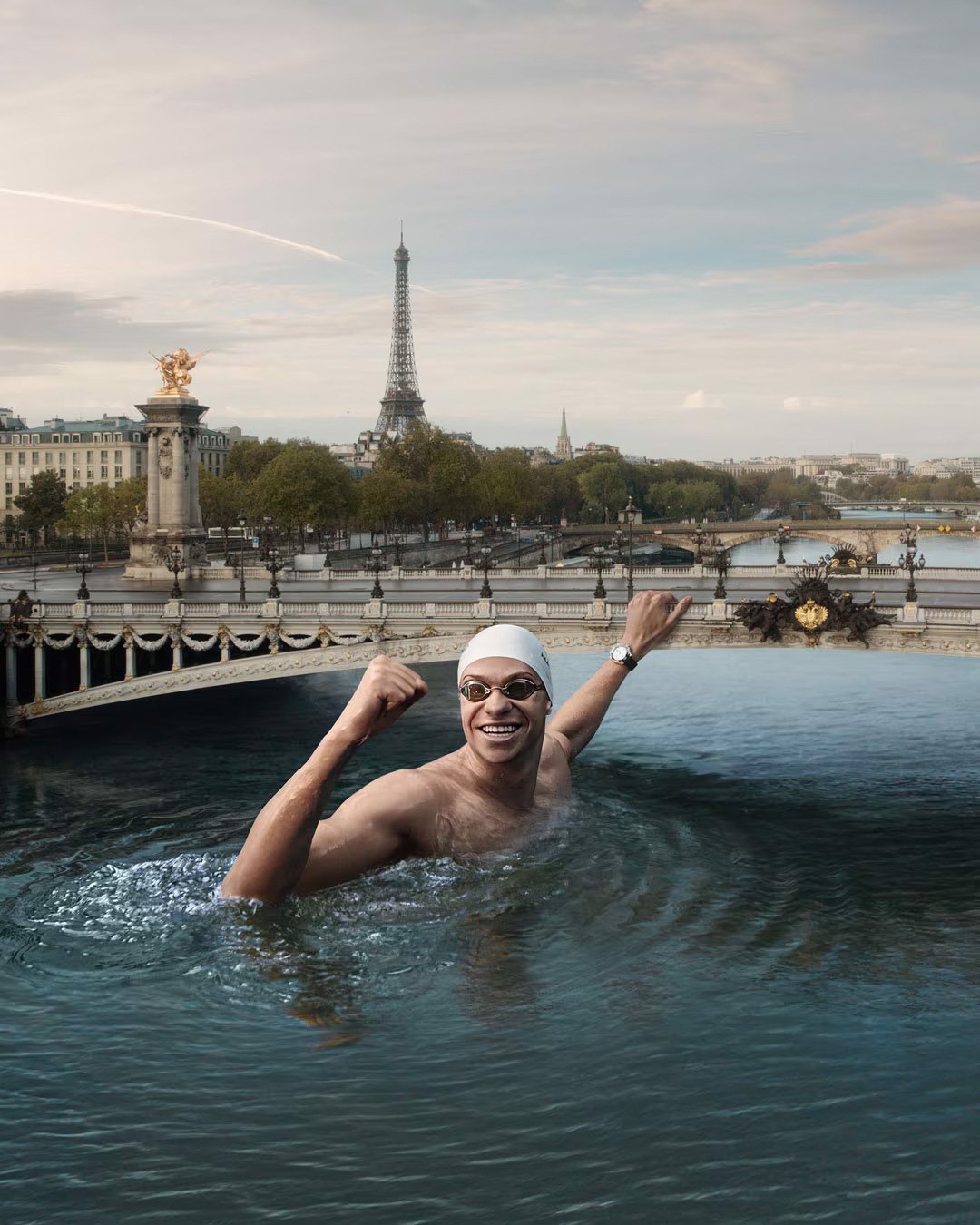Omega And The Paris 2024 Olympic Games — From The Wrists Of Gold Medalists And Record-Breakers To Trackside Timekeeping
This past Sunday, the Paris 2024 Olympic Summer Games came to an end. Over 45,000 volunteers helped organize more than 300 events across 35 different venues. Over 10,000 athletes from 200 countries tried their best to win a gold medal in one of the 32 different sports. I think we can conclude that this 33rd edition of the Games was a true celebration of sport with a uniquely European (and distinctly French) flair. You won’t be surprised to hear that Omega, the event’s official timekeeper, played an important part for the 31st consecutive time.
With its high-tech timekeeping technology, the Swiss watchmaker ensured the judges could determine clear winners without any confusion. But apart from being the official timekeeper at the Olympic Games, the brand also actively works with some of the biggest athletes across many different sports. Let’s take a look at some of their Paris 2024 achievements and the watches they wore and see how Omega fulfilled its role as the event’s official timekeeper.
The first to the touchpad
I’ll start with swimming as I have also been an active swimmer for many years. Water polo was my main discipline, but I also did a lot of competitive swimming. It’s also one of the first sports where athletes stop their own time by hitting Omega’s touchpads at the end of their race. The 100 and 200-meter freestyle are the series everyone is looking forward to. In Paris, Romanian swimmer David Popovici won a bronze medal in the first and a gold medal in the latter. Of course, he wasn’t wearing a watch while doing so. But when he collected his medals, he did so with an impressive Omega Speedmaster Dark Side of the Moon on his wrist.
It has been a while since Pieter van de Hoogenband and Inge de Bruijn reigned supreme in the Olympic pools. But it looks like we have a new King’s couple again. This time, it’s Australian swimmer Kaylee McKeown and French swimmer Léon Marchand. Both won no less than five medals each, and Marchand even won four individual gold medals. McKeown was wearing an Omega Seamaster Planet Ocean on the podium of honor, and Marchand a Speedmaster Chronoscope.
“Did you guys compete?“
Then, we get to two personal favorites. I was lucky enough to attend the Paris 2024 Olympics, invited by Omega. Upon arrival, we had a quick lunch at the hotel. It was a buffet, and I saw two young guys in the unmistakable Spanish kit also grabbing some food. As I speak Spanish myself, I asked them whether they were competing, and they said, “Yes, in sailing.” My next question was how it went, and to my surprise, they both proudly showed me their very big and very heavy gold medals.
The two gentlemen in question were Florian Trittel and Diego Botín. They became Olympic champions in the Men’s Skiff category in the Olympic sailing, which took place in Marseille. I apologized for not recognizing them, but they didn’t mind at all. It was clear they were still filled with joy because of their victory. They simply couldn’t stop smiling, which was handy for all the selfies people wanted to take with them.
The highest jumpers
We now arrive at one of the main events of the Olympic Games: the athletics competition. Let’s first start with two people who can jump very high. Yaroslava Mahuchikh, from Ukraine, does so without a pole and can jump as high as two meters and ten centimeters. At the Paris Olympics, however, two meters were enough to secure the gold medal.
Armand “Mondo” Duplantis, who represents Sweden, is competing only against himself at this point. He has made a habit of beating his own world record in pole vaulting. Six meters was like a magic milestone a while back, but now, Duplantis has (quite literally) set the bar for the world record at six meters and 25 centimeters. It goes without saying that he won the gold medal with this achievement. As you know, Omega launched a Duplantis version of the Aqua Terra Ultra Light to mark the occasion.
The fastest people on earth
It looks like runner Gabby Thomas (USA) already knew she was going for gold as she wore a gold Omega Constellation while making short work of winning three gold medals.
Then we get to Noah Lyles from the USA, who had to wait for a little while before he knew he was the Olympic Champion in the men’s 100 meters. The finish was indeed very close, but thanks to Omega’s finish line technology, Lyles was declared the undisputed winner. He was 0.005 seconds faster than Kishane Thompson of Jamaica. He ran his gold-medal race with the Omega Speedmaster Dark Side Of The Moon Apollo 8 model on his wrist. Unfortunately, due to suffering from COVID-19, he didn’t manage to mirror his result in the 200m. Yet still, a testament to his athletic ability, he still took home the bronze.
Some explanation required
On a visit to the Eiffel Tower, tourists noticed our Omega badges and asked us how “we” were able to determine who won that 100-meter sprint race. On an earlier press trip, I learned that Omega’s finish line cameras take an impressive 40,000 pictures per second. That way, it almost becomes easy to see who the winner is.
Check out the video above for a clear, albeit slightly outdated, explanation of how the 100m event is thoroughly kept track of thanks to Omega’s state-of-the-art timing technology.
I’ll conclude with my fellow Dutchie, Femke Bol. We all hoped she could beat Sydney McLaughlin-Levrone in a direct confrontation in the 400-meter hurdles. This is usually her best event. However, her legs didn’t cooperate on the day, and she couldn’t quite take the win. Ending up with a gold, silver, and bronze medal is certainly no disgrace!
To the finish line
All the high jumpers and runners above—except for Gabby Thomas and Noah Lyles—ran with Omega’s Aqua Terra Ultra Light on their wrists. A dozen of these watches were provided to athletes across several disciplines. The watch is made out of blasted Gamma Titanium and weighs only 55 grams on the included Velcro strap. At that weight, it certainly doesn’t stand in your way of breaking records and winning medals.
I think the Olympics are a truly incredible event. There’s something unique to the intensity of this 16-day event. I’ve watched a lot of competitions on TV in the past, but being there, so close to the athletes, really changed my perspective. And though the watches are probably better spotted from home, it was clear to see the impact of Omega’s role in timing the event, using its decades of expertise to ensure clear winners, accurate records, and a fair and on-time Olympiad. For now, though, we’ll have to wait four years to tune in to the 2028 Games in LA.
We hope you also tuned in and enjoyed these 33rd Olympic Games. To those of you who did, I pass on the question: Which watches did you spot during the Paris 2024 Olympics? Let me know in the comments below.

